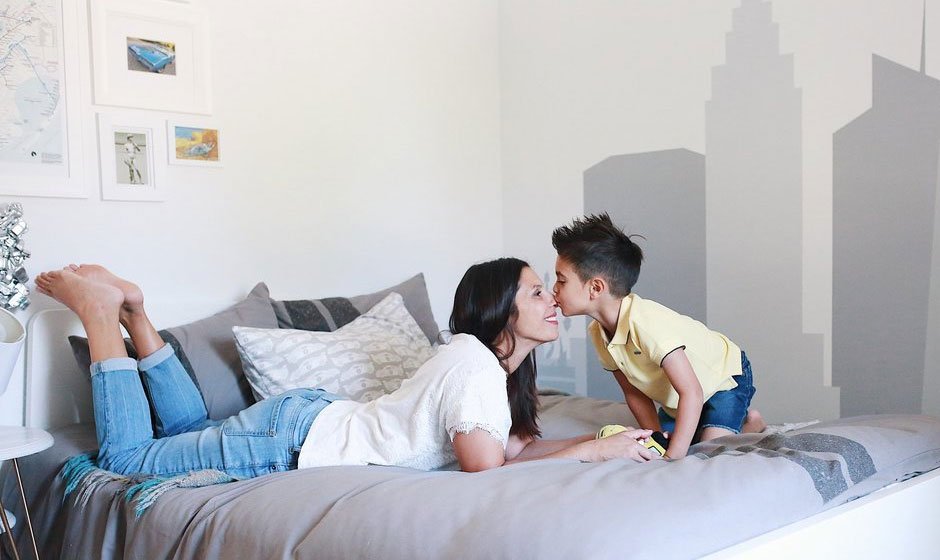Making the switch from a shared bedroom to an individual space is a significant milestone in a child’s development. For parents, this transition may seem daunting, but with the right approach, it can be a smooth and positive experience. Here are practical tips and strategies to help your child embrace their new bedroom with confidence and joy.
1. Involve Your Child in the Process
Involving your child in the transition process can empower them and make them feel more in control. Start by inviting them to help plan their new room. This could include choosing a color scheme, picking out decorations, or selecting furniture. Allowing them to make decisions about their space can help them feel excited and invested in the move.
2. Create a Comfortable and Personalized Space
Comfort is key when it comes to a child’s bedroom. Ensure that the space is inviting and tailored to their interests. A comfortable bed is essential, so consider investing in a quality mattress that supports a good night’s sleep. For instance, a memory foam mattress queen can provide the comfort and support necessary for your child as they grow.
Personal touches, such as favorite toys, books, or artwork, can help make the room feel like their own sanctuary. Ensuring the room reflects their personality can ease anxiety about the transition.
3. Address Emotional Concerns
Moving to their own bedroom can evoke a range of emotions for children. It’s essential to address any fears or concerns they may have. Talk openly about the change and reassure them that it’s a natural part of growing up. Introduce comforting routines, such as a bedtime story or a special nightlight, to help them feel secure in their new environment.
Encourage them to express their feelings and remind them that it’s okay to feel anxious. Providing support and understanding can make this emotional transition smoother.
4. Establish a Consistent Bedtime Routine
A consistent bedtime routine is crucial for helping children adjust to their new surroundings. Set a regular bedtime and wake-up time to establish a sense of stability. A routine might include a warm bath, reading time, or listening to calming music before bed. Consistency can help your child feel more secure and ready to embrace their new space.
5. Encourage Independence
One of the key benefits of having their own bedroom is the opportunity to foster independence. Encourage your child to take responsibility for their space by involving them in tidying up and organizing their belongings. This not only teaches valuable life skills but also helps them take pride in their room.
Provide them with a sense of autonomy by allowing them to make choices about their environment. This could include rearranging furniture or deciding on the layout of their toys and books.
6. Be Patient and Supportive
Every child will adjust to having their room at their own pace. Be patient and provide support as they navigate this change. Celebrate small milestones, such as sleeping through the night or arranging their room independently. Positive reinforcement can boost their confidence and make the transition more rewarding.
7. Highlight the Benefits of Having Their Own Room
Finally, emphasize the advantages of having their own space. Explain how their bedroom can be a place for creativity, relaxation, and personal reflection. Highlighting the positive aspects can help them view the move as an exciting step forward.
Having a room to themselves allows children to develop a sense of autonomy and responsibility. It provides them with a private retreat where they can explore their interests and hobbies without interruptions.
In conclusion, transitioning your child to their own bedroom is a significant step that requires thoughtful preparation and support. By involving them in the process, creating a comfortable space, and addressing emotional needs, you can help make this change a positive experience. Encouraging independence and highlighting the benefits of having their own room will empower them and lay the foundation for personal growth. With time and patience, your child will come to cherish their new space as a reflection of their unique personality and a haven for rest and relaxation.





